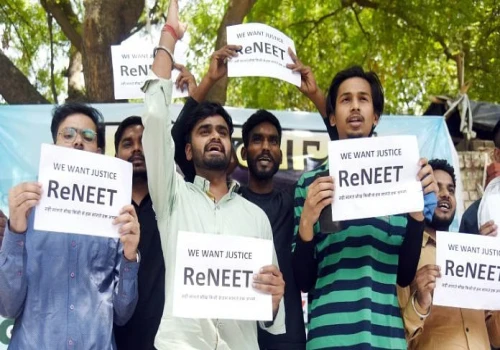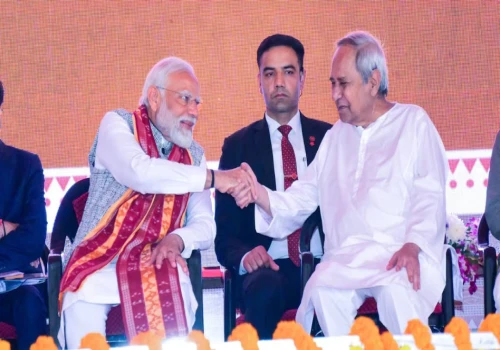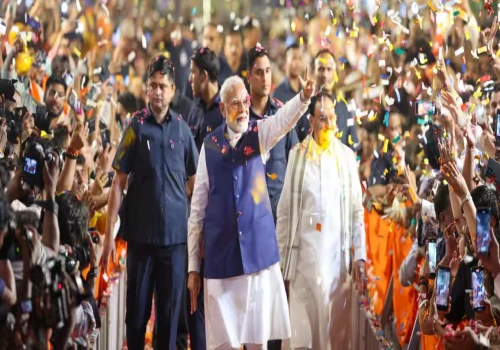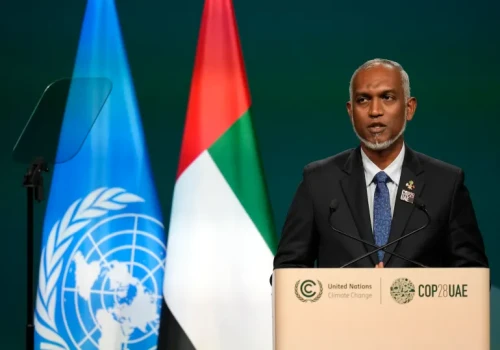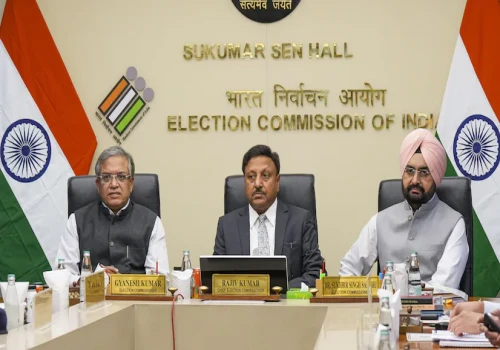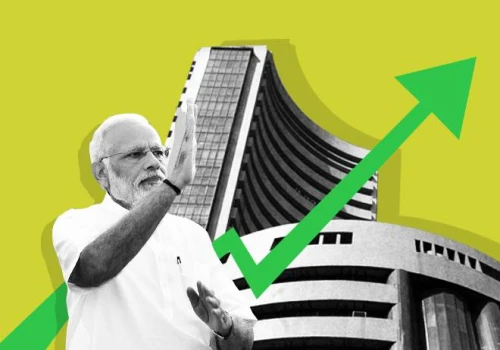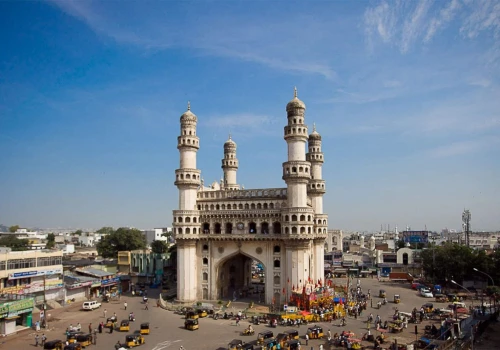
To comprehend India under Narendra Modi, it is essential to grasp the concepts of the foremost ideologue of the Hindu Right, the environment of British colonial India from which they originated, and the historical vulnerabilities of the current regime.
Before Modi assumed the role of prime minister in 2014, Savarkar was relatively unknown to most Indians, recognized by a few as a minor freedom fighter. However, since then, the BJP-RSS has strategically placed Savarkar at the forefront of its endeavors to reshape Indian history from a Hindu supremacist standpoint. Presently, the BJP presents Savarkar as a nationalist icon, often positioning him on par with or even greater than figures like Jawaharlal Nehru and Mahatma Gandhi. According to Mohan Bhagwat, the chief of RSS, if Savarkar's "repeated warnings against the Congress's appeasement politics" had been heeded, India could have averted Partition—the separation of Pakistan from India.
Is India led by Narendra Modi, who assumed office as prime minister in 2014, starting to exhibit similarities to the American South during the era of Jim Crow? This term, of course, refers to the politics of racial oppression that prevailed in the eleven former Confederate states after the conclusion of Reconstruction in 1877. From approximately 1880 to 1965, each of these states witnessed significant democratic regression as elected legislative bodies and executive authorities either disregarded or found ways to circumvent the citizenship, due process, and equal-protection clauses of the Fourteenth Amendment (1868). This period also involved the deprivation of African Americans' voting rights, which had been guaranteed under the Fifteenth Amendment (1870), and direct or indirect support for extralegal vigilante violence against blacks, particularly in the form of lynchings.
Determined to prioritize the interests of Hindus at the expense of other religious groups in India, this ideology is inherently supremacist, aligning with the far-right and mobilizing a legion of online advocates to quash dissent and instill fear among its critics.
While white supremacy in the U.S. South rejected racial equality, Hindu nationalism denied equal status to Muslims and Hindus in India. Despite legal equality in India's post-independence constitution, Hindu nationalists advocate for overturning it, drawing parallels to the rollback of racial equality during Reconstruction. Hindu nationalists assert that Hindus, as India's "original peoples," deserve greater rights, considering Muslims as historical "invaders." Granting them equal rights is deemed a significant historical and political injustice, echoing the discriminatory sentiments of white supremacists.





